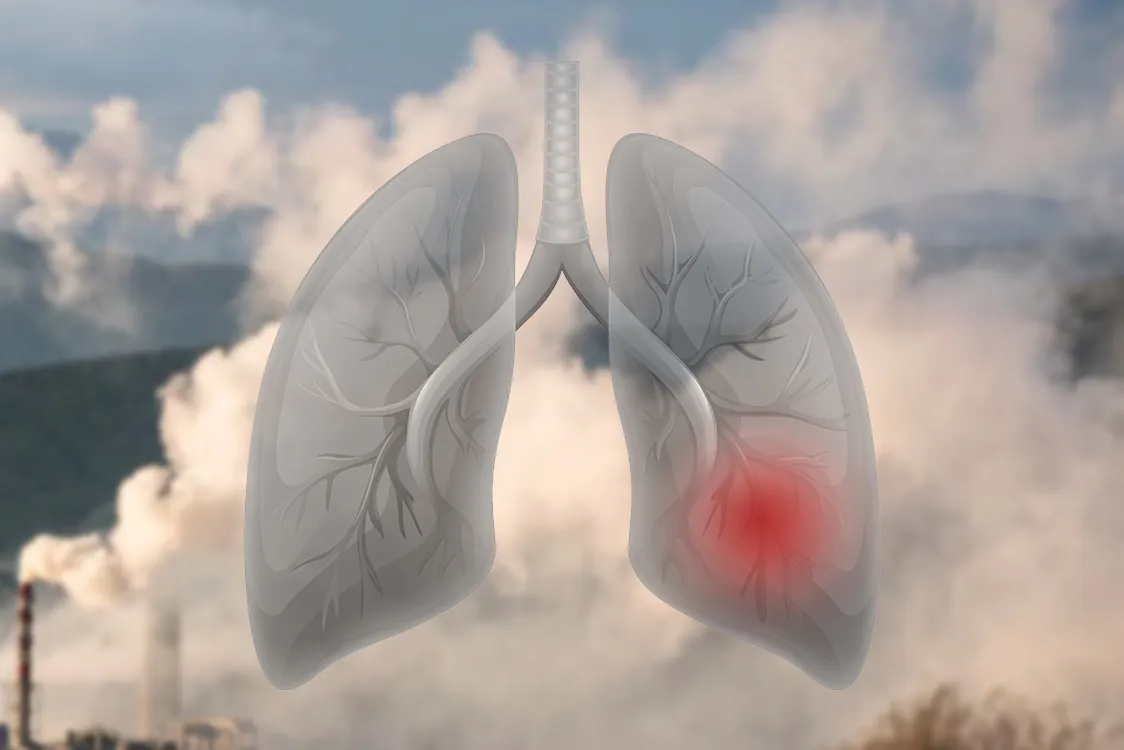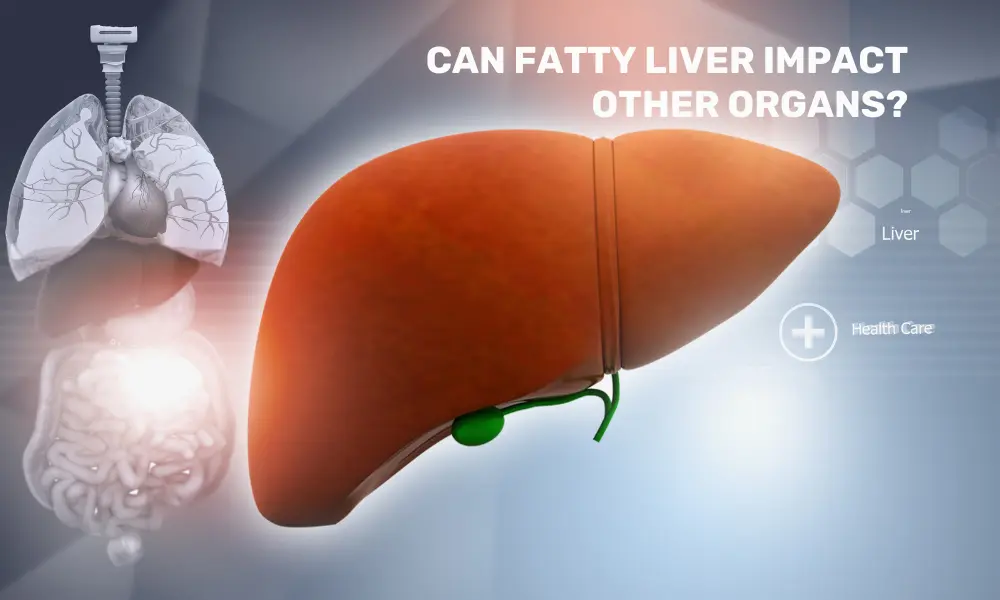The country’s immediate public health concern is the harmful effects of air pollution, and the government should look for the most efficient way to address this issue. Our lungs, an organ that processes life with each breath we take, are in danger because the air pollution problem has not been effectively addressed. Therefore, strong and healthy lungs are essential to a healthy body, and safe, non-toxic air is crucial.
New Delhi: Every year, COPD Day is observed on the third Wednesday of November. The day aims to increase public awareness of the condition, risk factors, and the value of a pollution-free environment for healthy living. The COPD theme for this year is “Healthy Lungs – Never More Important,” which is fitting given that the COVD 19 infection has compromised our lung health and wreaked havoc on the environment and human life. Therefore, it is time to fix them before it’s too late.
A variety of progressive lung diseases fall under the umbrella term of chronic obstructive pulmonary disease (COPD). Any lung damage can lead to many issues, such as emphysema and chronic bronchitis. The bad news is that there is no effective treatment for lung deterioration, a condition that cannot be reversed. Medical intervention and lifestyle modifications can help patients avoid flare-ups and enhance their quality of life.
Children are more likely to develop COPD later in life; significantly premature infants, weakened immune systems, and asthma. The WHO estimates that every day, nearly 93% of the world’s children under the age of 15 (1.8 billion children) breathe air that is so polluted that it seriously endangers their health and development. According to WHO estimates, air pollution-related acute lower respiratory infections claimed the lives of 600,000 children in 2016. The recent order by the Delhi government to close Delhi’s primary schools due to the dangerous level that the AQI has dipped to has renewed discussion about the need for cleaner, safer air and long-term solutions to the pollution issue. We must ensure long-term sustainable solutions to the pollution problem so that it doesn’t continue to grow rather than choosing quick fixes.
The country’s immediate public health concern is the harmful effects of air pollution, and the government should look for the most efficient way to address this issue. Industrial emissions are the leading cause of air pollution in India, followed by vehicle emissions, household emissions, and crop waste burning in rural areas. The issue can no longer be disregarded, with Indian metropolises topping the list of the world’s most polluted cities. When it comes to environmental degradation, the government has already made significant progress. From encouraging river cleaning campaigns to outlawing plastic bags, the government has repeatedly demonstrated its dedication to environmental causes. But because the air pollution problem has not been effectively addressed, the resulting damage poses a threat to our lungs, an organ that processes life with each breath we take. Therefore, strong and healthy lungs are essential to a healthy body and safe, non-toxic air is crucial.
Policy reforms should be started to ensure that environmental concerns are prioritised over financial and commercial gains. Future generations could manage both economic advancement and the reduction of harmful pollution brought on by industrialization if the government could find sustainable solutions in a well-planned and coordinated manner. Additionally, civil society should take the initiative to raise awareness of the harmful effects of pollution on human health and other factors that contribute to COPD. Smoking tobacco is the primary cause of COPD and, in addition to contributing to air pollution, seriously harms the human body, particularly the lungs. Patients with chronic respiratory diseases like chronic obstructive pulmonary disease (COPD) and asthma are particularly vulnerable to the detrimental effects of air pollutants. Long-term exposure to air pollution has many adverse effects on human health. Asthma can worsen and be triggered by air pollution, which increases respiratory disorders due to deteriorated lung health.
Numerous studies show that domestic cooking smoke makes women in developing nations more susceptible to COPD; as a result, they must switch to healthier fuel and put their health before their families to maintain good lung health. We must dispel widespread misconceptions about vaping and using electronic cigarettes in marketing. To keep up with the times and look fashionable, people frequently fall for such gimmicks and endanger their health.
Given the clear connection between COPD, air pollution, and lung health, a comprehensive strategy involving all pertinent stakeholders needs to be started. To achieve better results, the government must ensure that health professionals are involved in the policy-making process regarding environmental and public health issues. The government must also promote greener, cleaner energy sources as an alternative to fossil fuels. Better waste management methods must also be implemented for metros and crop waste in rural areas. Schools and playgrounds should be placed away from busy roads, factories, and power plants to reduce children’s air pollution risk. A holistic approach can produce better results and pave the way for better policy interventions to address the air pollution issue.
A preventive lifestyle is necessary to avoid lung disorders, so the government should not bear the burden of making this change. Individually tailored lifestyle changes can effectively combat air pollution and the diseases it causes, such as COPD. Small lifestyle changes can go a long way in ensuring healthier and happier lungs, from reducing the use of fossil fuels to choosing greener vehicles to give up smoking. Engaging in breathing exercises and fitting some form of physical activity into your daily schedule can give your lungs more life and strength while also improving your mental health. According to scientific research, Asthma and COPD are more likely to be brought on in people with anxiety disorders or stress. Therefore, in addition to a healthy diet and an active lifestyle, emotional well-being is equally crucial for managing COPD. Carpooling, using mosquito nets instead of harmful repellents, maintaining indoor plants, and, most importantly, giving up all forms of smoking—bad for your family and the environment—can all be small but necessary steps promoting lung health and managing air pollution. Let’s work to leave a safer and healthier planet for future generations in keeping with the WHO’s goal of “a world in which all people breathe freely.”





